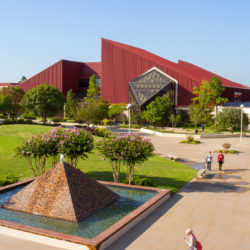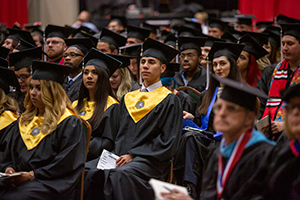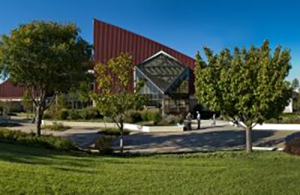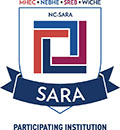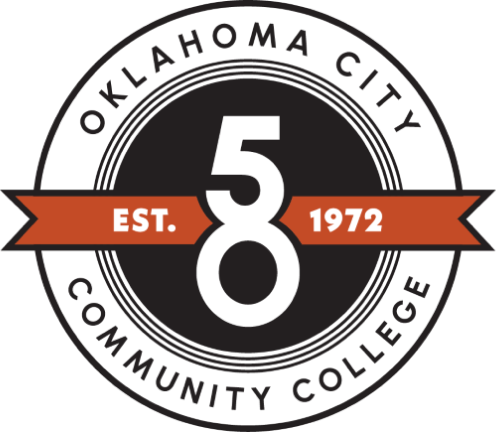What are Micro-credentials and Digital Badges?
Micro-credentials are short-term, postsecondary credentials comprised of a coherent set of measurable non-credit bearing activities or projects and/or up to 9 hours of credit bearing courses that provide specific career critical skills, competencies and knowledge that can be readily transferred to the workplace.
Digital badges are a web-based artifact that contains metadata that documents students’ completion of a credential, such as a micro-credential, certificate or degree, and can be shared and verified electronically.
Each micro-credential you earn and other programs you complete may be issued via digital badge through Credly Acclaim. Evidence, such as an exam, project, or other learning experiences, is assessed by faculty or staff at an Oklahoma public college or university before your badge is issued.
Once you earn a digital badge, it can be used to share your achievement with employers and on your social media profiles. For more information on how to share your Credly digital badge, view the Credly Badge Earner Guide.
